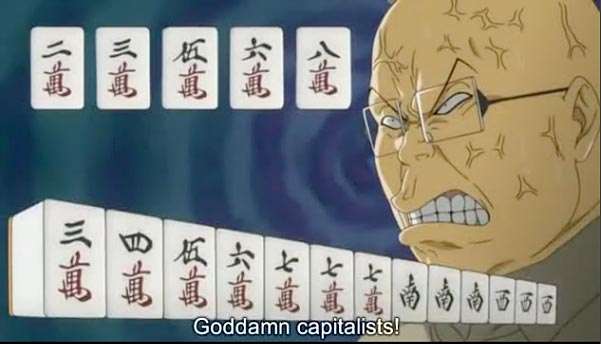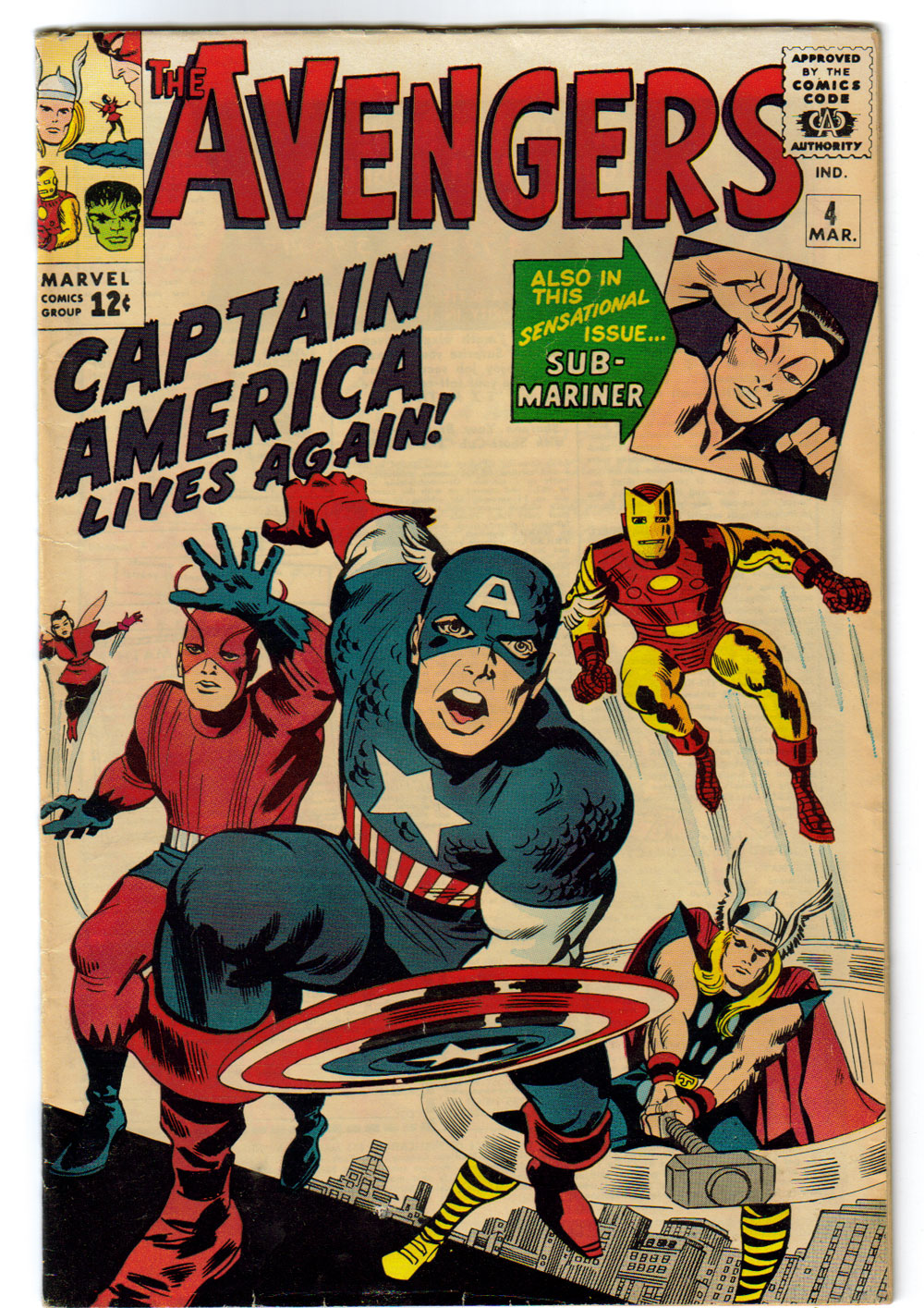J.K. Rowling has been recognized in Thog’s Masterclass:
Dept of Trickle-Down. ‘There, in his poky office, Simon Price gazed covetously on a vacancy among the ranks of insiders to a place where cash was now trickling down onto an empty chair with no lap waiting to catch it.’ (J.K. Rowling, The Casual Vacancy, 2012)
Daniel Barenboim also earns a mention in Ansible:
Pianist Daniel Barenboim is interviewed by Rosanna Greenstreet: Q. ‘What is your earliest memory?’ A. ‘In my mother’s belly, I remember not liking the tempi my father played the Beethoven Sonatas in.’ (Guardian, 2 November)
Christopher Tolkien doesn’t care for Peter Jackson’s movies:
Invited to meet Peter Jackson, the Tolkien family preferred not to. Why? “They eviscerated the book by making it an action movie for young people aged 15 to 25,” Christopher says regretfully. “And it seems that The Hobbit will be the same kind of film.”
This divorce has been systematically driven by the logic of Hollywood. “Tolkien has become a monster, devoured by his own popularity and absorbed into the absurdity of our time,” Christopher Tolkien observes sadly. “The chasm between the beauty and seriousness of the work, and what it has become, has overwhelmed me. The commercialization has reduced the aesthetic and philosophical impact of the creation to nothing. There is only one solution for me: to turn my head away.”
So is the world going to end tomorrow? Nah. I suppose you could marathon RahXephon if you’re feeling silly, but I suggest listening to Geddy, Alex and Neil instead.
These are the acceptable ways to end civilization:
… asteroid/comet, climate, massive volcanic eruption, zombie pandemic, Daleks, the Master, the Mayor turns into a giant snake monster, Gachnar (although that would be a very tiny apocalypse), gateway to Hell opens over Los Angeles, Anubis, Tripods, Triffids, Ragnarok and possibly a Farnsworth Doomsday Device.

Are you still using Windows 95?
You have two cows ….












